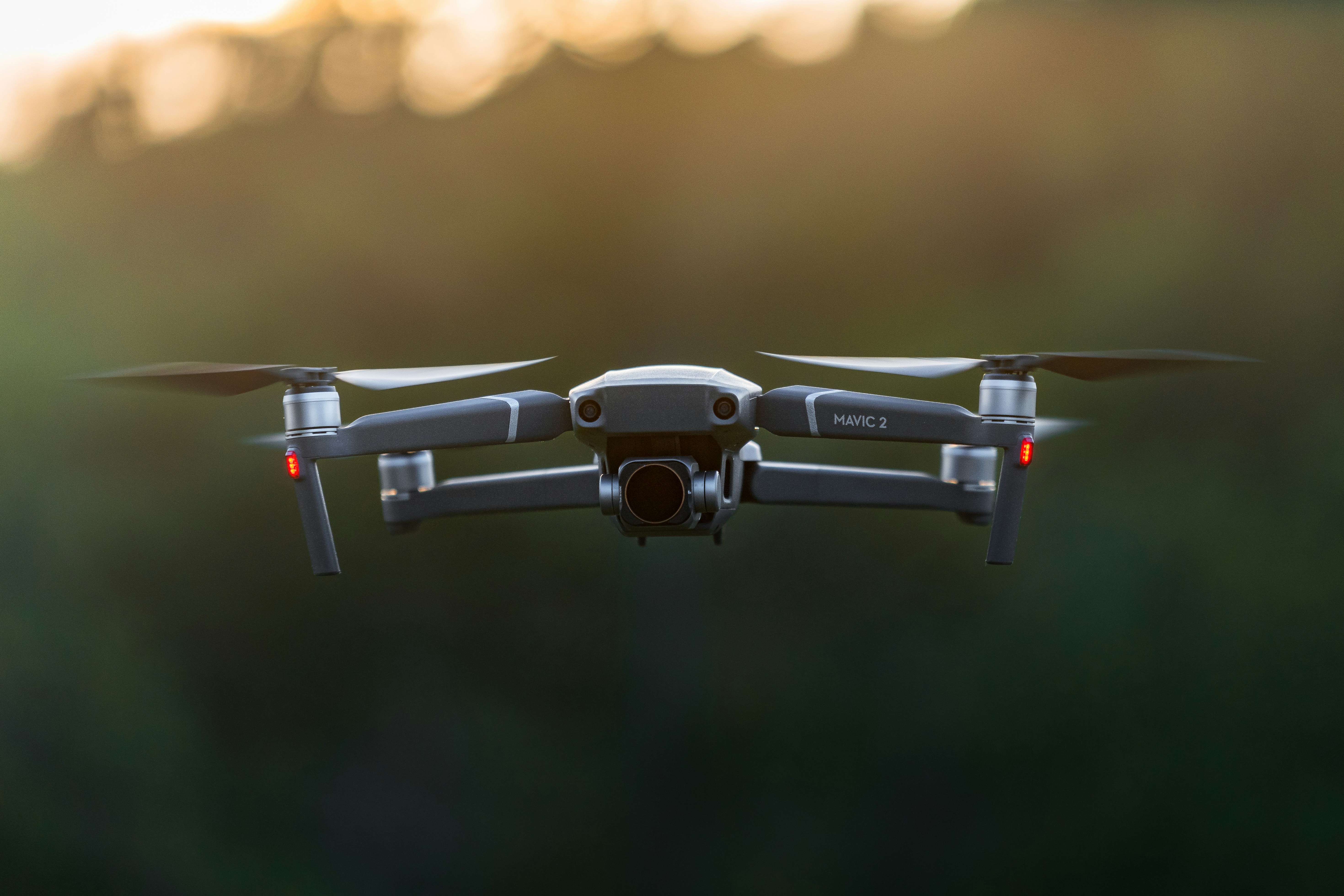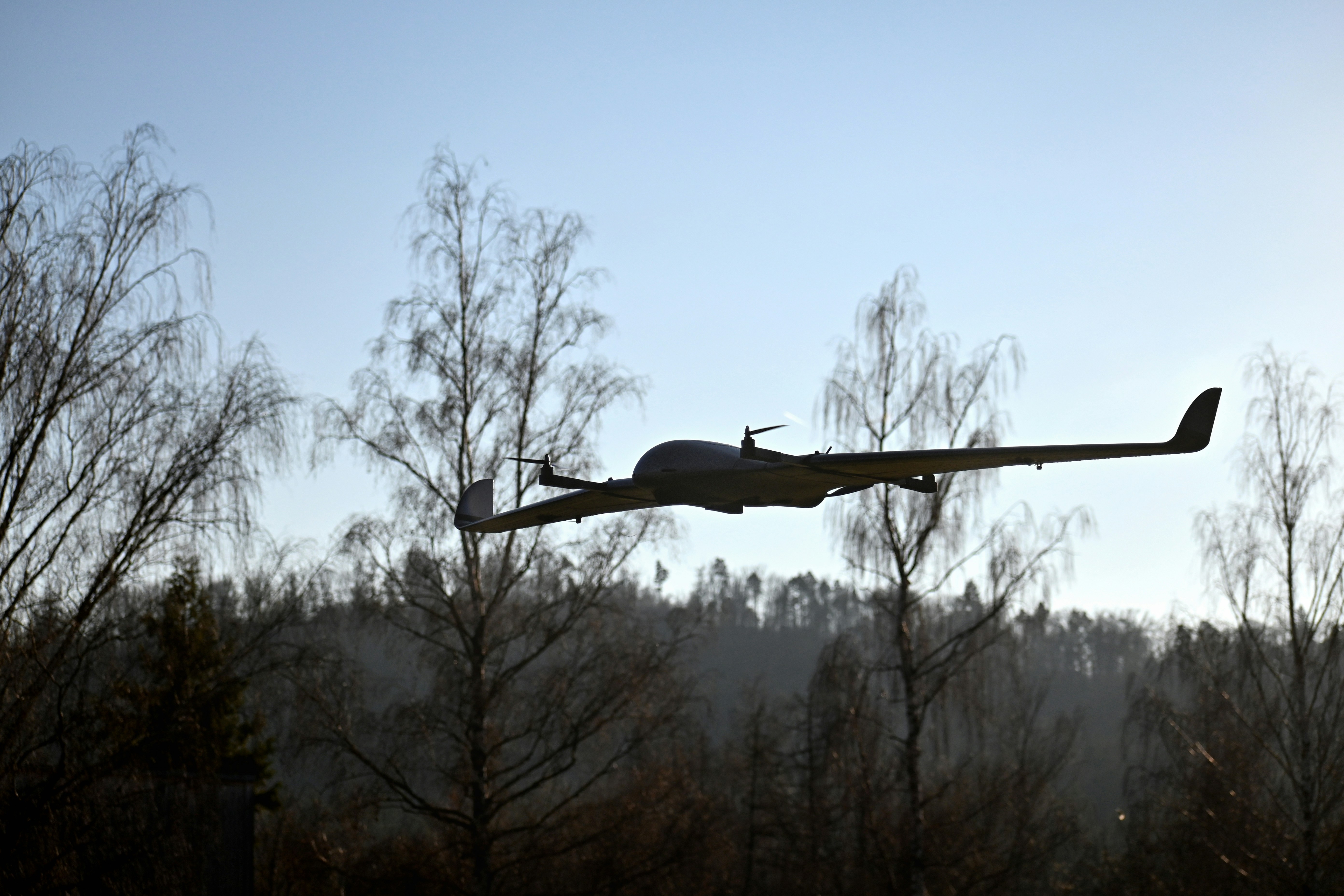
Seasonal Hiring Peaks for UAV Jobs: The Best Months to Apply & Why
The UK's UAV (Unmanned Aerial Vehicle) sector has established itself as one of Europe's most dynamic and strategically important technology markets, with roles spanning from junior drone operators to principal UAV engineers and heads of autonomous systems development. With UAV positions commanding salaries from £28,000 for graduate drone pilots to £85,000+ for senior UAV systems engineers, understanding when organisations actively recruit can dramatically accelerate your career progression in this revolutionary and rapidly expanding field. Unlike traditional aviation roles, UAV hiring follows distinct patterns influenced by seasonal operations, government regulatory frameworks, and autonomous systems development timelines. The sector's unique combination of aeronautical engineering, autonomous control systems, and data analytics creates predictable hiring windows that strategic professionals can leverage to advance their careers in building tomorrow's unmanned aviation and autonomous aerial systems. This comprehensive guide explores the optimal timing for UAV job applications in the UK, examining how national drone strategies, seasonal operational cycles, and UAV technology initiatives influence recruitment patterns, and why strategic timing can determine whether you join a pioneering autonomous systems team or miss the opportunity to develop the next generation of unmanned aircraft and aerial intelligence systems.

